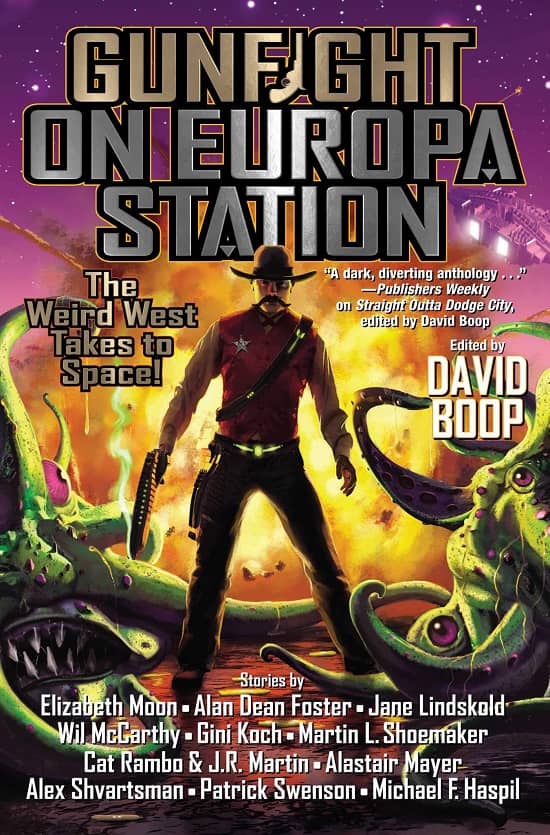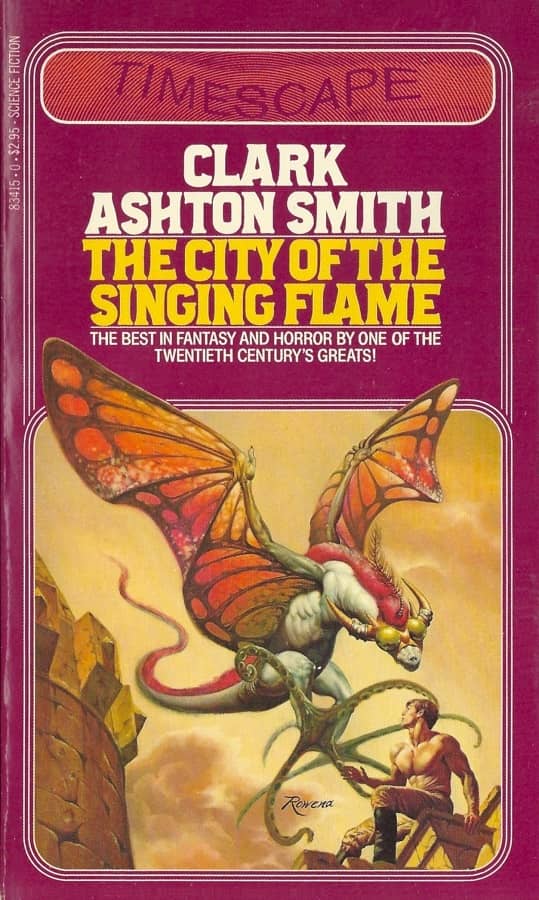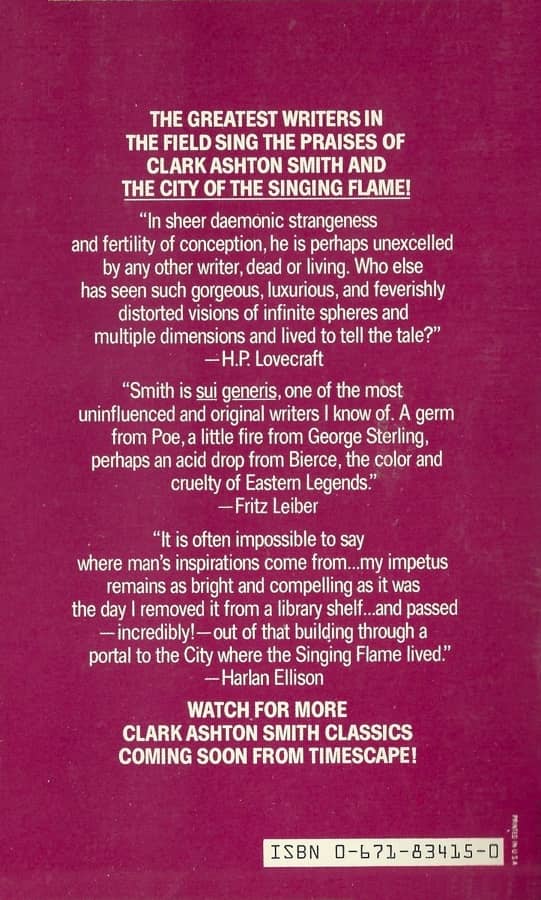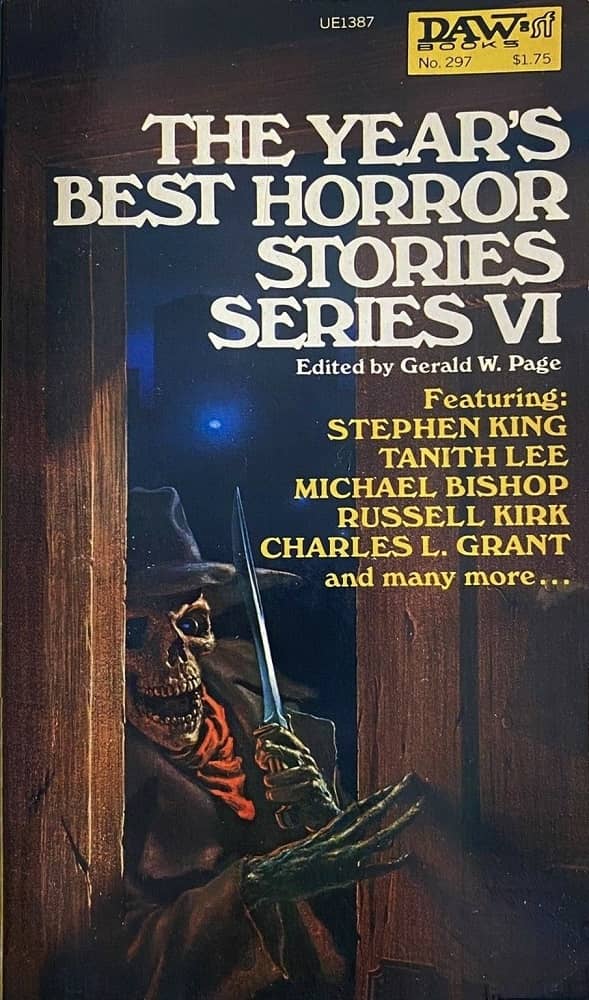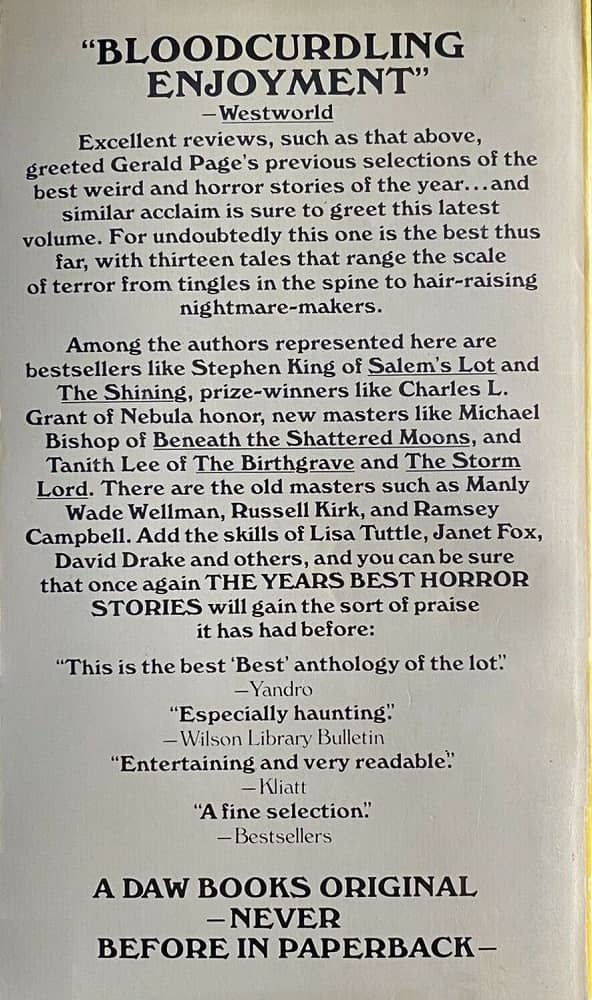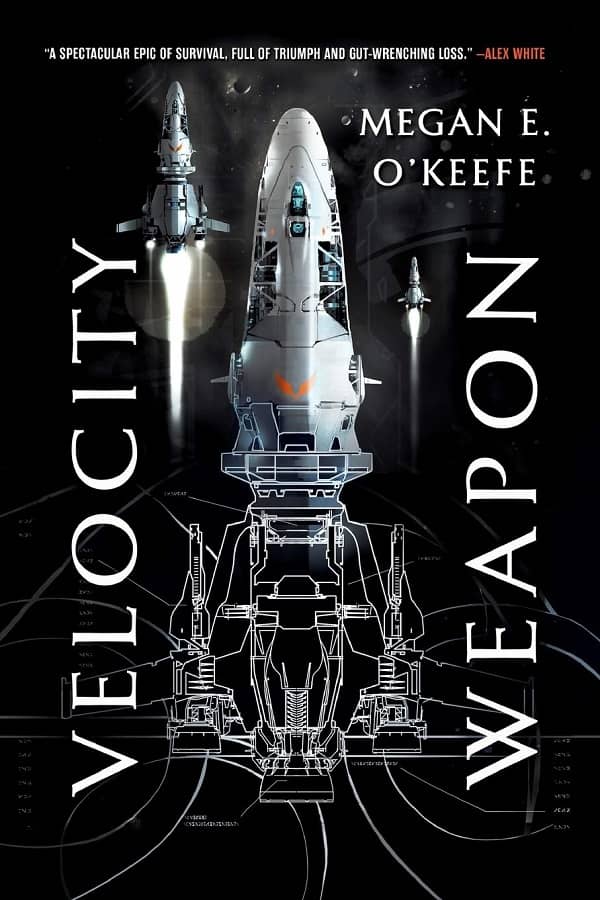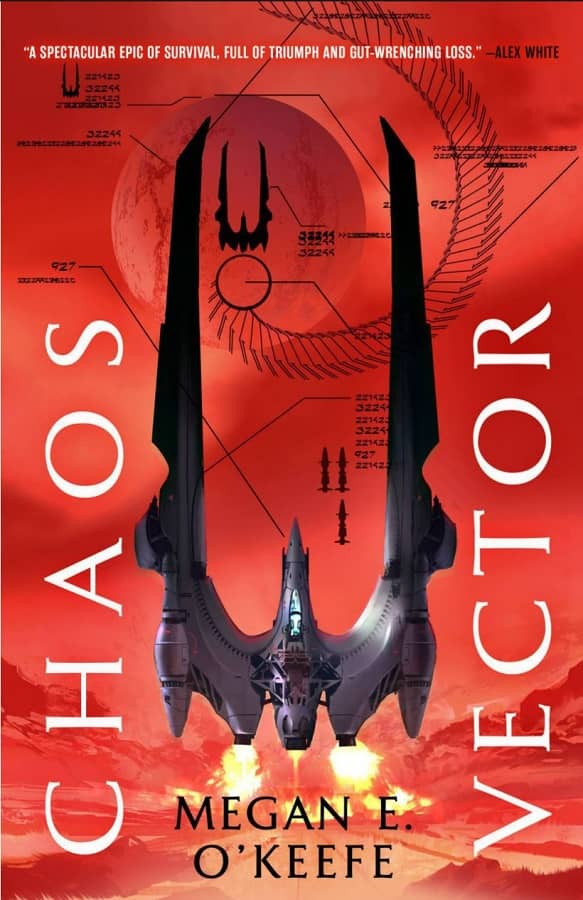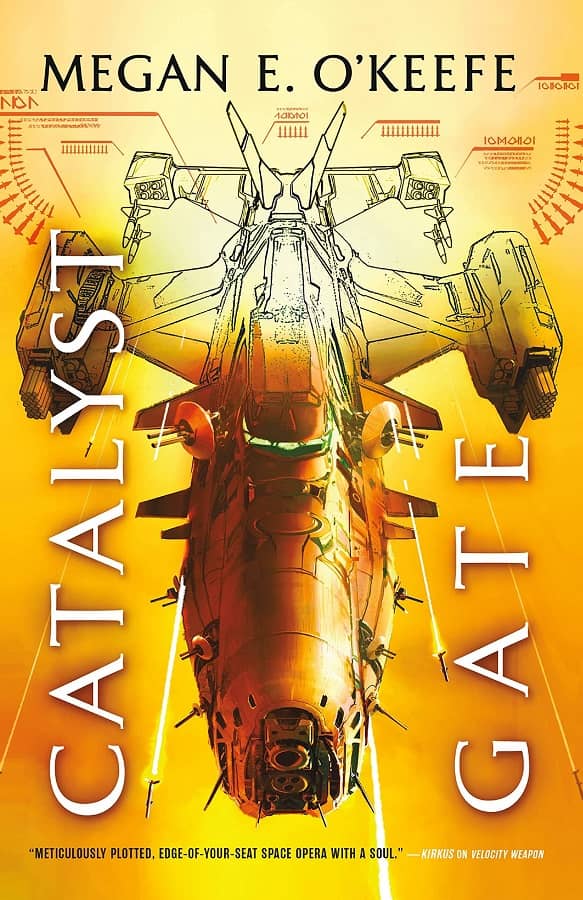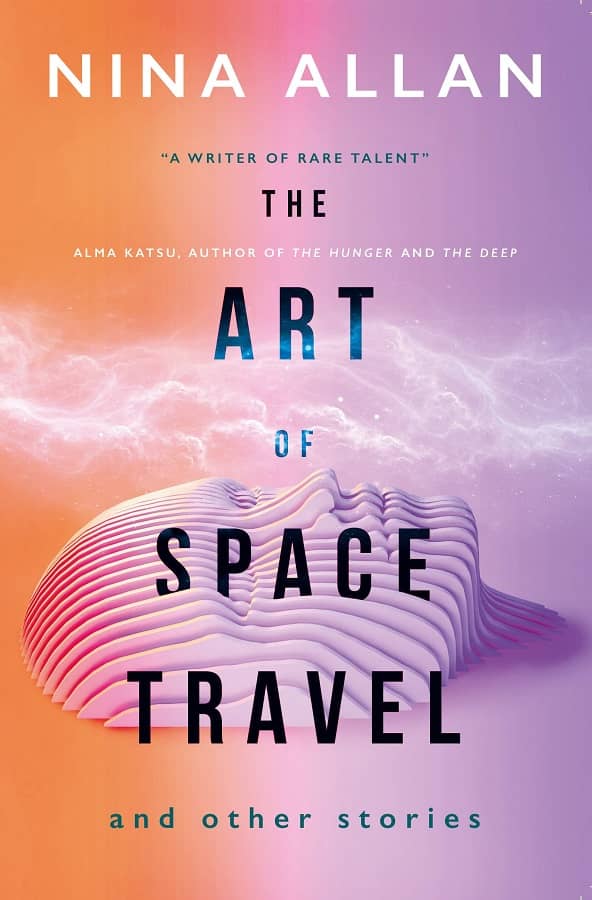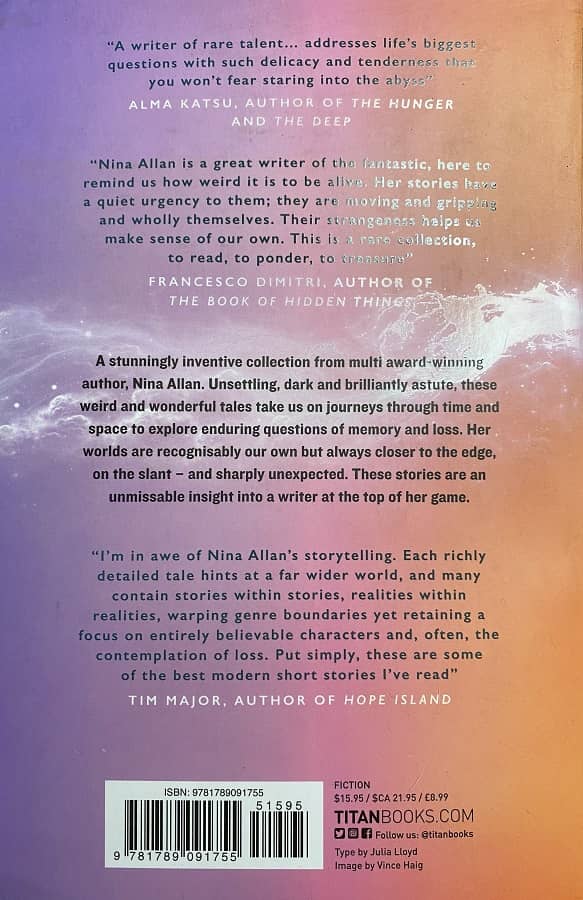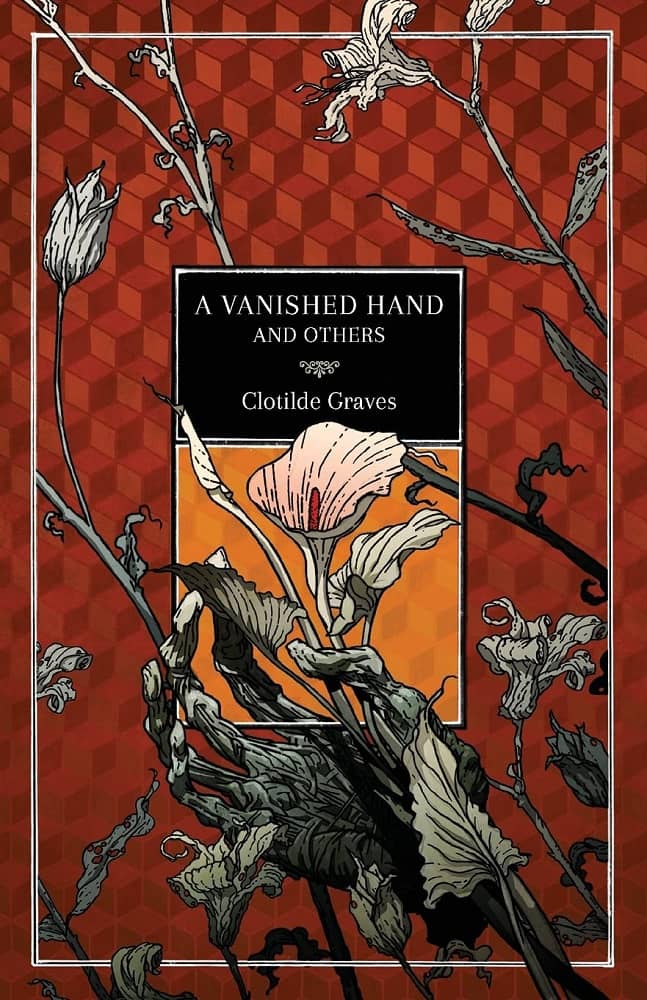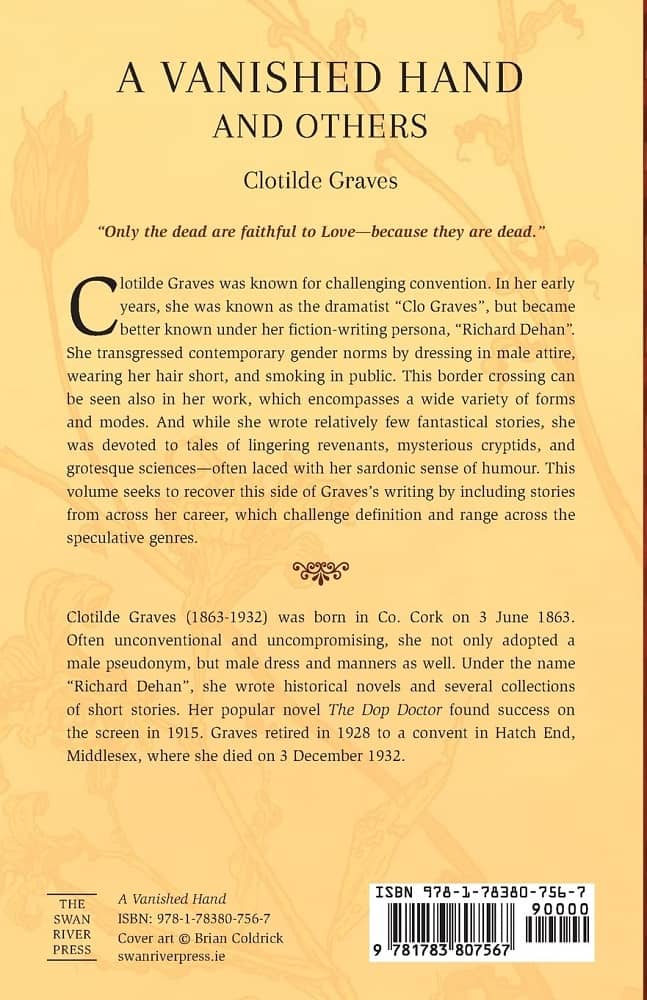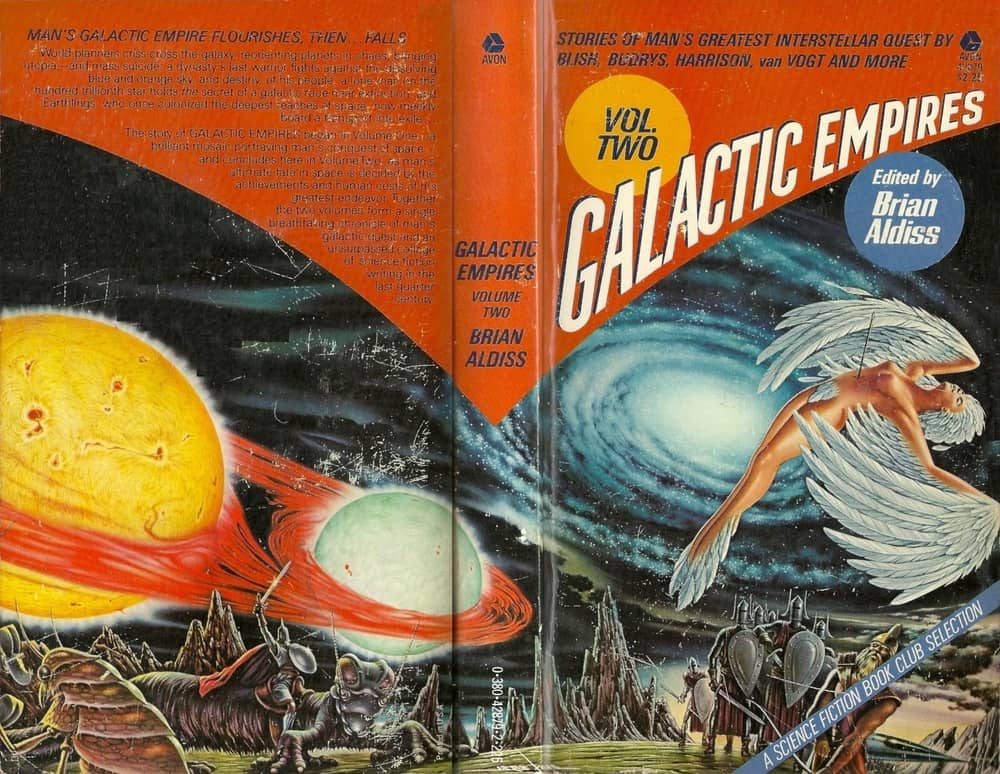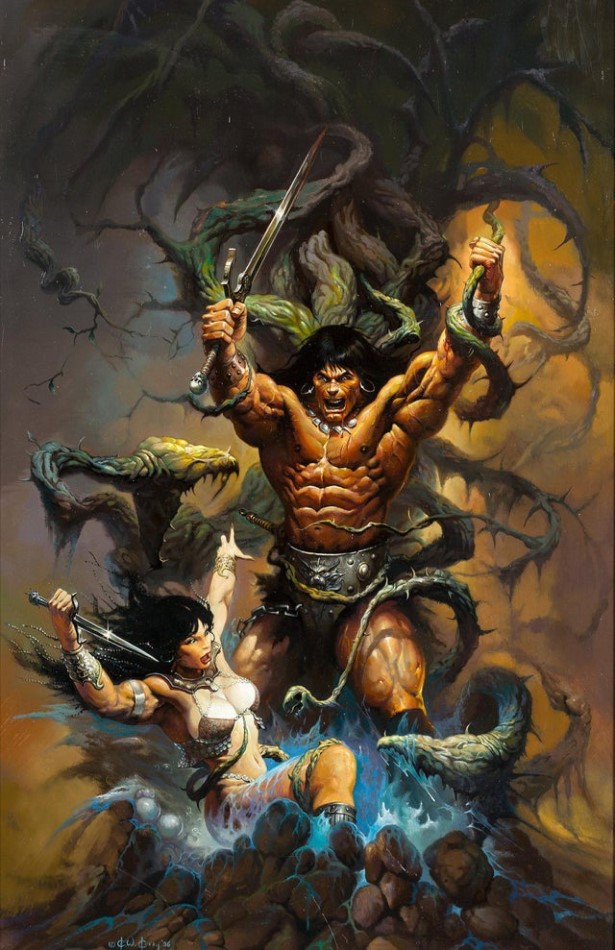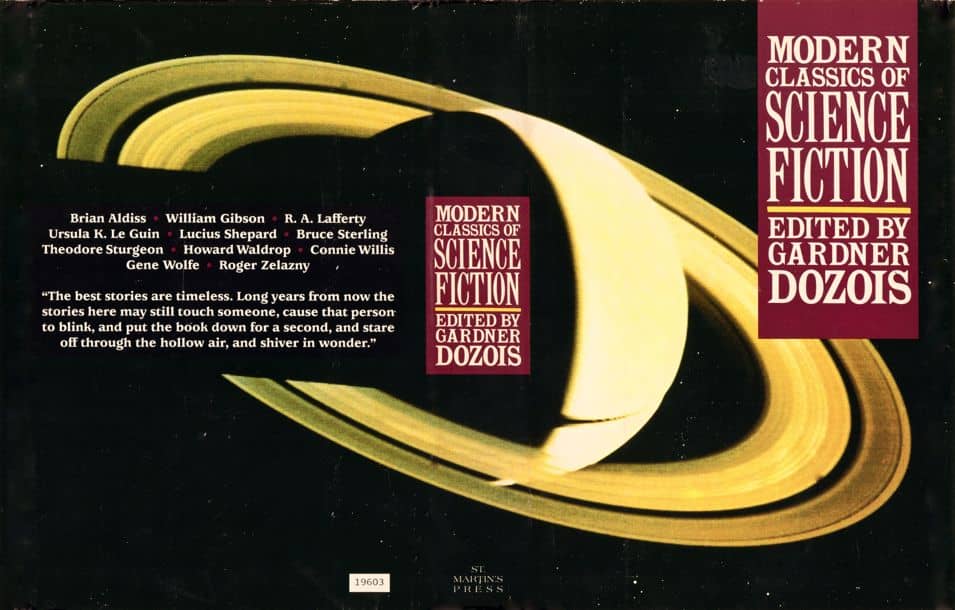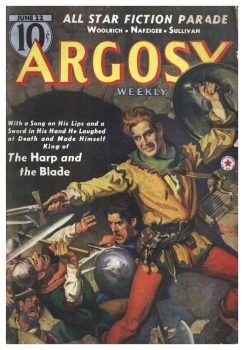Future Treasures: Gunfight on Europa Station edited by David Boop
Gunfight on Europa Station (Baen Books, January 25, 2022). Cover Art by Dominic Harman
I’ve been enjoying David Boop’s weird western anthologies for Baen (Straight Outta Tombstone, Straight Outta Deadwood, and Straight Outta Dodge City). His newest takes the series in a different direction — deep space! — but keeps the six shooters and saddle spurs. That’s different. But what the hell — I’m on board.
Gunfight on Europa Station arrives on January 25, and comes packed with new fiction by an impressive list of contributors: Alan Dean Foster, Jane Lindskold, Wil McCarthy, Gini Koch, Martin Shoemaker, Cat Rambo with J.R. Martin, Alastair Mayer, Alex Shvartsman, Patrick Swenson, Elizabeth Moon, and Michael L. Haspil. These books are a lot of fun, and I’m looking forward to the newest with anticipation.
I’m especially excited to see Alex Shvartsman’s contribution. I was at his reading at Worldcon last month (from his upcoming novel The Middling Affliction), and it was easily the most entertaining of the dozen or so I attended, a raucous and funny tale of an exorcist/con man who winds up over his head in a tangled supernatural mystery. It’s always a pleasure to discover a new writer, and it’s doubly so when you have the chance to hear a skilled entertainer perform their own work.
